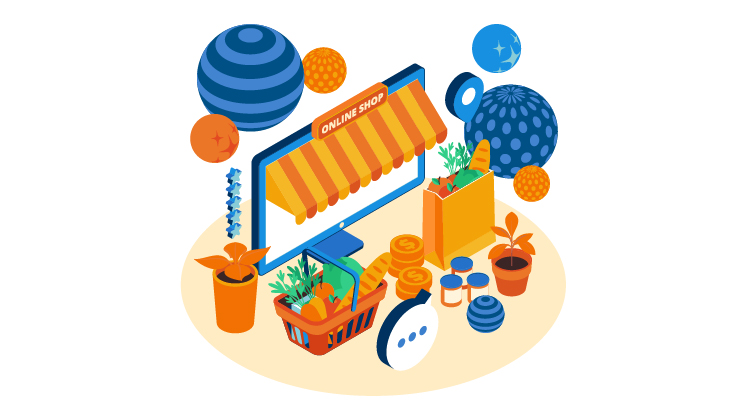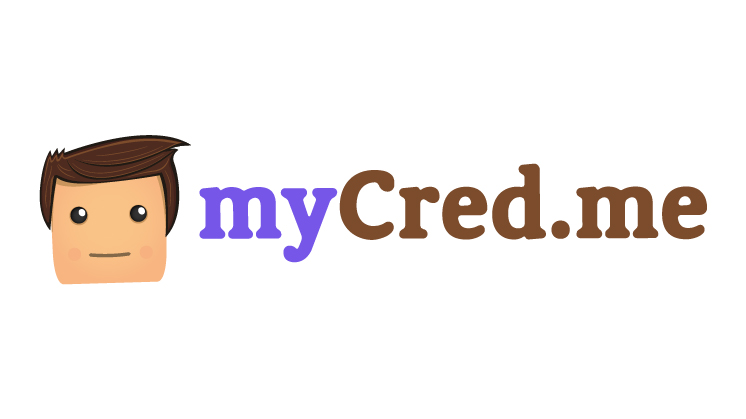Making a game can be a fun-filled experience. But for those without extensive coding knowledge, it can be challenging. However, with the advancement of technology and the rise of game development platforms, it has become easy and possible to make games without coding.

In this article, we will explore the various ways to make games without coding and provide a comprehensive guide on how to get started.
What is Game Development?
Game development is the process of creating a game, from conceptualization to deployment. It involves designing, building, and testing a game to meet the desired standards. You can make games using various programming languages, such as C++, Java, and Python, but it is not the only way to create a game.
Why Consider Making Games Without Coding?
There are numerous reasons why creating games without coding might be the ideal approach for you:
- Accessibility: Coding can be a complex skill to learn. Bypassing code allows anyone with a creative vision to participate in game development.
- Efficiency: Creating games without coding can significantly reduce development time, allowing you to prototype and iterate your ideas quickly.
- Cost-Effectiveness: Many no-code or low-code game development tools are free or offer affordable pricing plans, making game creation accessible to everyone.
- Focus on Design: Without the hurdle of coding, you can dedicate more time and energy to crafting engaging gameplay mechanics, compelling storylines, and captivating visuals.
Popular Methods to Make Games Without Coding
Here are some of the most popular methods for making games without coding:
Visual Scripting Game Engines:
These engines provide drag-and-drop interfaces and visual logic builders instead of traditional code. Popular options include:
- Construct 3: A powerful 2D game engine known for its user-friendly interface and extensive asset library.
- GameMaker Studio 2: A versatile engine suitable for creating 2D and basic 3D games, offering a robust scripting system alongside drag-and-drop functionality.
- Twine: Ideal for creating text-based adventure games or interactive fiction focusing on narrative storytelling.
Game Development Platforms:
These platforms offer pre-built templates and tools to streamline the game creation process. Some popular options include:
- Buildbox: A user-friendly platform specifically designed for creating mobile games, with a focus on drag-and-drop mechanics and visual scripting.
- Stencyl: Another excellent option for creating 2D mobile games, particularly suited for side-scrolling adventures and platformers.
- GDevelop: An open-source platform offering a powerful event system for creating complex game logic without traditional coding.
Game Asset Stores and Marketplaces:
These online marketplaces provide a treasure trove of pre-made game assets like sprites, 3D models, sound effects, and music. Popular options include:
- Unity Asset Store: A vast library of assets compatible with the Unity game engine, encompassing everything from environments to character models.
- Unreal Engine Marketplace: An extensive marketplace offering high-quality assets specifically designed for the Unreal Engine.
- io: A unique platform that combines a game creation community with a marketplace for game assets and downloadable games.
Additional Tips to Make Games Without Coding
- Start Small: Begin with a simple game concept to gain experience and build confidence before tackling more complex projects.
- Focus on the Fun Factor: Engaging gameplay mechanics are paramount for a successful game, regardless of the development method.
- Use Online Resources: Many online tutorials, forums, and communities are dedicated to no-code game development. These resources can provide valuable guidance and inspiration throughout your game-making journey.
- Make Collaboration: Consider collaborating with artists, sound designers, and other aspiring game creators to combine skill sets and create a more well-rounded game experience.
- Publish and Share: Once your game is polished, explore various publishing options. Many no-code platforms offer built-in publishing tools for mobile app stores or web platforms. Consider online communities like itch.io to share your game with a wider audience.
Gamification: Adding an Engaging Twist
While no-code game development helps you create games, you can also leverage these tools to gamify non-game contexts. Gamification refers to applying game design elements and principles to non-game activities to make them more engaging and motivating.
Here’s how you can incorporate gamification techniques into your game creation process using no-code tools and myCred (a popular WordPress plugin for adding points, badges, and leaderboards to your website):
- Reward Players for Completing Tasks: Many no-code game engines allow you to track player progress and achievements. Integrate myCred with your game to award points or badges for completing specific in-game tasks or challenges. This incentivizes players to keep coming back and progressing further.
- Implement Leaderboards: myCred allows you to create leaderboards that showcase players with the highest scores or most achievements. This fosters a sense of healthy competition and motivates players to strive for the top spot.
- Unlock Content or Features: As players progress through your game, you can use myCred to restrict access to certain content or features until they reach specific milestones. This creates a sense of accomplishment and encourages continued engagement.
- Offer Virtual Rewards: myCred integrates with various eCommerce platforms, allowing you to reward players with virtual redeemable points within your game. These points can be exchanged for in-game items, power-ups, or even discounts on real-world products or services associated with your game.
How to Make Games Without Coding Using Gamification:
Imagine you’re creating a no-code educational game about history. You can use myCred to award points for answering questions correctly, completing quizzes, and unlocking historical facts.
Players can then use their points to purchase virtual items like new character skins or access to bonus levels. A leaderboard can showcase the most knowledgeable players, fostering friendly competition and encouraging deeper engagement with historical content.
By incorporating these gamification elements using no-code tools and myCred, you can transform your game from simply entertaining to a truly motivating and engaging player experience. Moreover, if you are planing to make a code based game app on Android, then consider using best Android IDEs to develop the best gaming app.
Wrap Up
To make games without coding is now possible with the advancement of technology and the rise of game development platforms. With the steps outlined above, you can make games without coding, from designing to building and testing. With the right tools and platforms, you can design fun and engaging games.
FAQs
Here are some of the most frequently asked questions regarding making games without coding:
Can I create a game without coding?
Absolutely! The above methods provide excellent avenues for creating games without writing a single line of code.
How to create a game quiz?
Many no-code platforms, like Quizizz and Kahoot! allow you to create interactive quizzes with multimedia elements and question types.
How to create a free quiz app?
Platforms like Playbuzz and Wordwall offer free plans for creating quizzes, which can be embedded in websites or downloaded as mobile apps.
How do I create my own game?
Start by brainstorming your game concept, including the genre, storyline, and core mechanics. Then, choose a suitable no-code game engine or platform that aligns with your game’s complexity and desired features. Many platforms offer tutorials and resources to guide you through the development process.
Does making games need coding?
While coding offers more flexibility and control, creating games without coding has become increasingly viable with the emergence of powerful no-code and low-code development tools.


